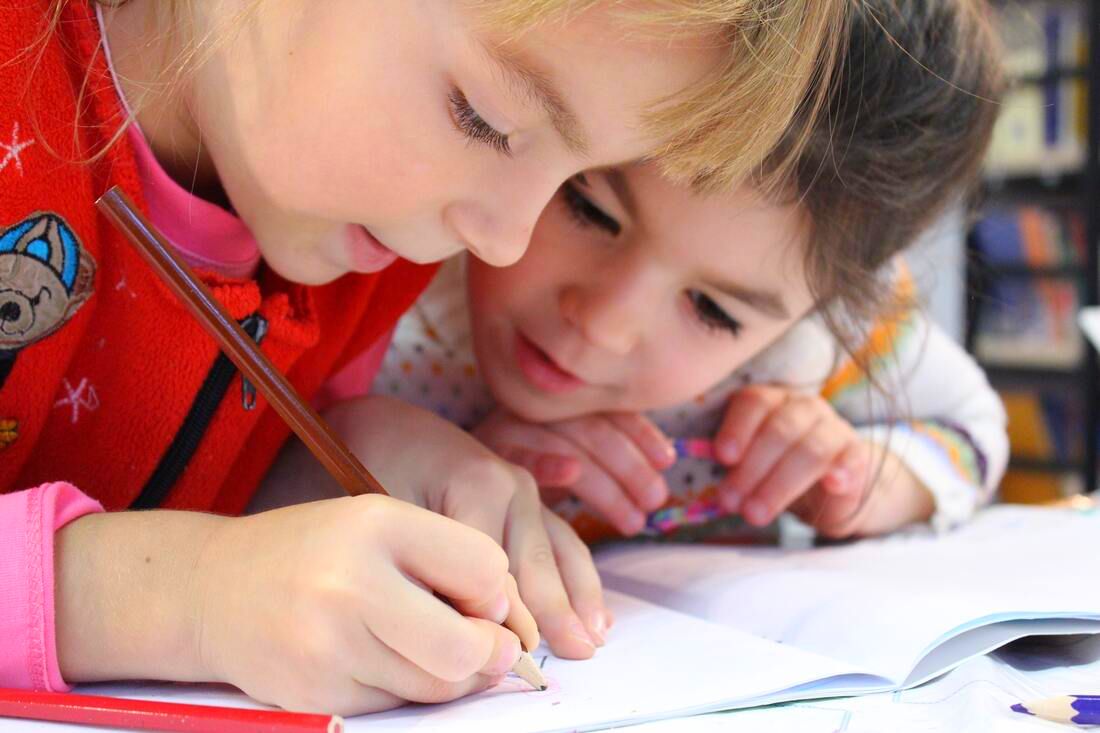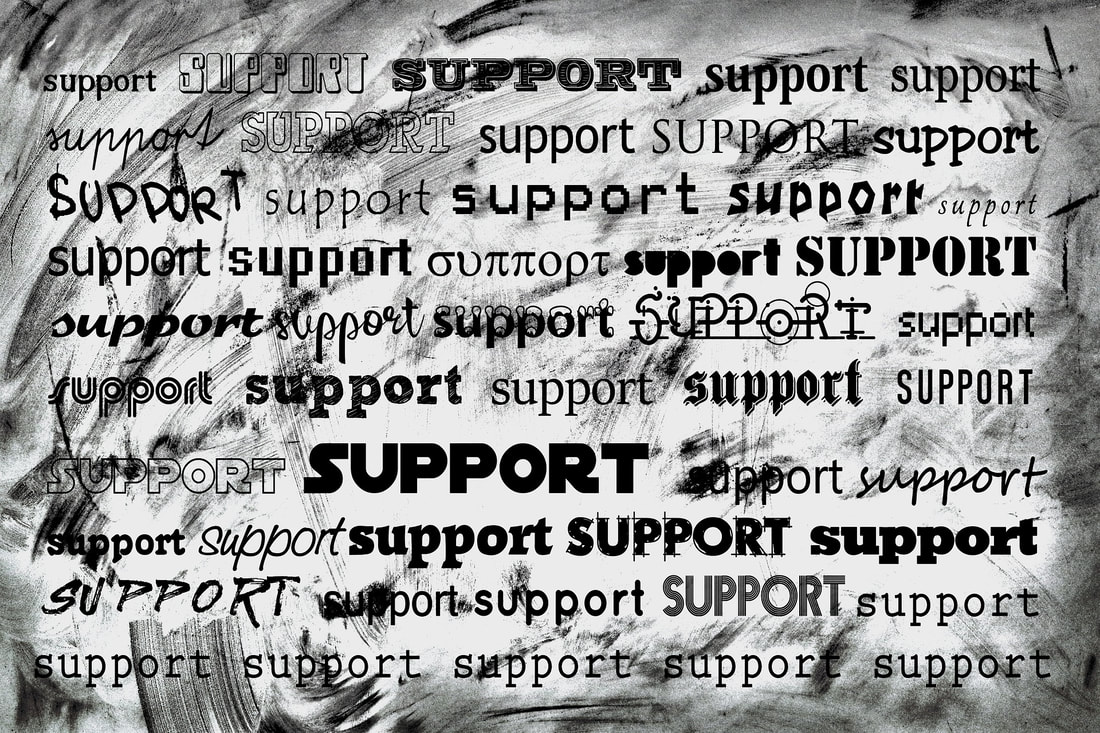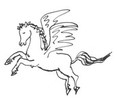|
There is a story in the Bible that involves division, death, dissent, and a sword. It involves family and the public. It is the story from the first book of kings, third chapter. Solomon is confronted with a claim and decides to judge by a drastic proposal - to cut the child in half and give each mother a half. By this move the real mother (according to the report) is exposed - and this decision has been labelled as "solomonic judgment", honoring Solomon as an especially wise leader.
This story is part of this week's Bible lesson, and thousands of people pray with these specific spiritual ideas, finding peace and healing as a result, learning something new. I am one of them and I saw the ramifications of this story in a new light. I wrote down some of the questions that the individuals in the story might be asking: "Is it not right to fight for my child? Is it not right to fight for my life? What do I do when confronted with a severe accusation?" These questions are based on assertions like these: "This is my family - and this over there is your family. This is my child - and this over there is your child. This is my opinion - and this over there is your opinion. Before a sword is brought into the house I have the sword already here, in my heart. Because I feel separated from you, I am fighting for myself. I don't feel support from anyone and no one speaks up in my favor. My heart is already divided in half, before a sword cuts through the child in front of me." Solomon's judgement has been analysed hundreds of times, especially in the Talmud tradition. As we will never know whether the birth-mother was perhaps speechless, that Solomon would suggest such an outrageous thing and chiming in in disbelief, we also don't know whether the birth-mother would have been the better nurturing-mother to start with. The accusations of the switched children are part of the story, too. We also will never know whether the baby was a boy or a girl, whether the women eventually reconciled and took care of the child together, and we will never know whether the child became an adult. So these are questions that we might ask, but they are not the point of the Biblical parable. The story is meant to teach us something so profound that we will not forget. Is it not so much the logic of events, but even more the starting point that is leading to disaster? Are we really alone? Do our children really belong to us? Are my children more important than your children? Does a decision in my favor mean a defeat for you? There is a predetermined breaking point, the Bible is saying, the "us vs. them" assumption. A life separate from God. A life separate from one another. In this Bible lesson we read right before the definition of "MIND" by Mary Baker Eddy in her wonderful "Science and Health with Key to the Scriptures": "Mind. The only I, or Us; the only Spirit, Soul, divine Principle, substance, Life, Truth, Love; the one God; not that which is in man, but the divine Principle, or God, of whom man is the full and perfect expression; Deity, which outlines but is not outlined." (p. 591) There is only one I, there is only one Us. Period. All children belong to God and all responsibility of all children lies with God. We are members of one large family. This truth is hidden in this story. Christ Jesus is being much more direct in his parables about the oneness of Life in his parables about the Samaritan or the prodigal, but it is the same fundamental truth - already present in this story. I felt the warmth of this inclusive, timeless truth and experienced a healing right away in my practice, a family friction resolved. Only one Us. Progress is always in favor of others and in favor of ourselves. We are one in God, Love, we truly are. So in every encounter we experience something that the poet Rumi so beautifully expressed: We are all just walking each other home. |
Who is writing?
In my work as Christian Science practitioner and writer I draw on listening to God and listening to people. Categories
All
My Archive
October 2023
|





